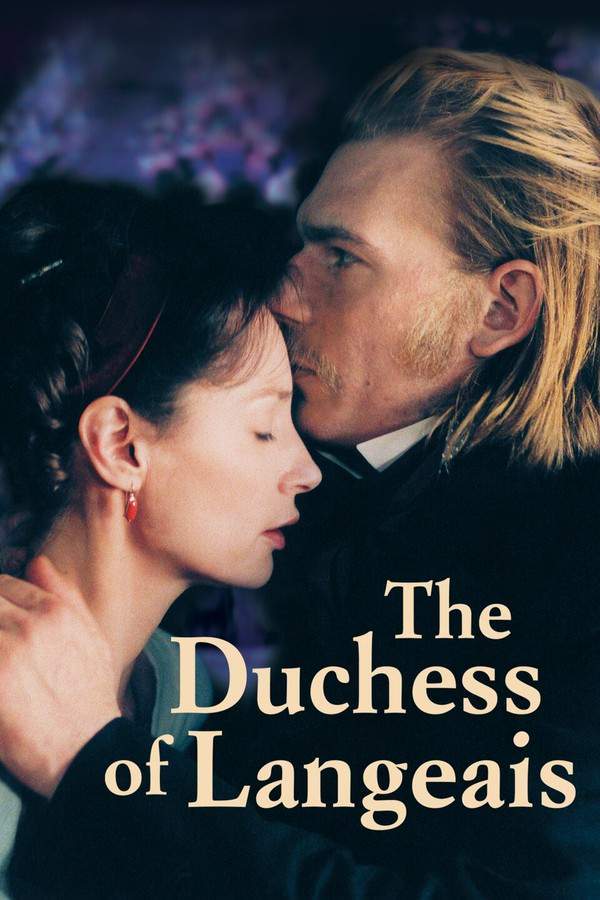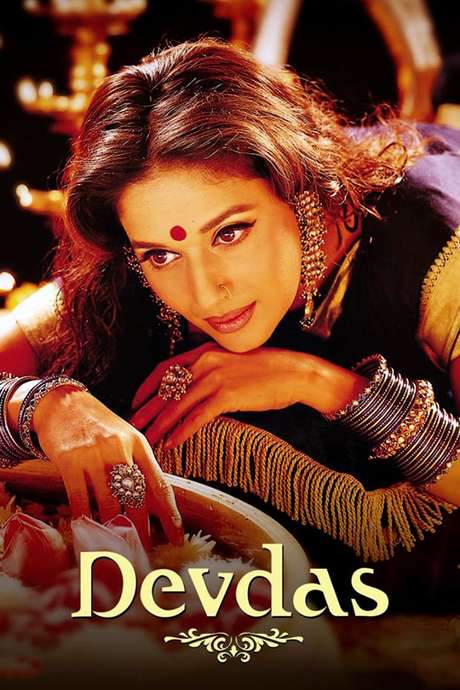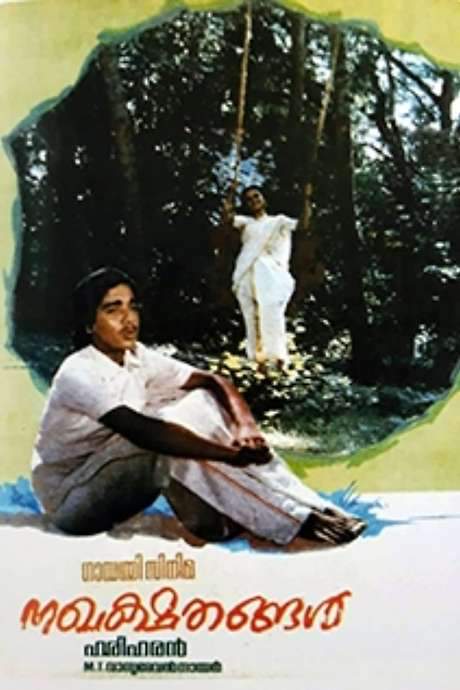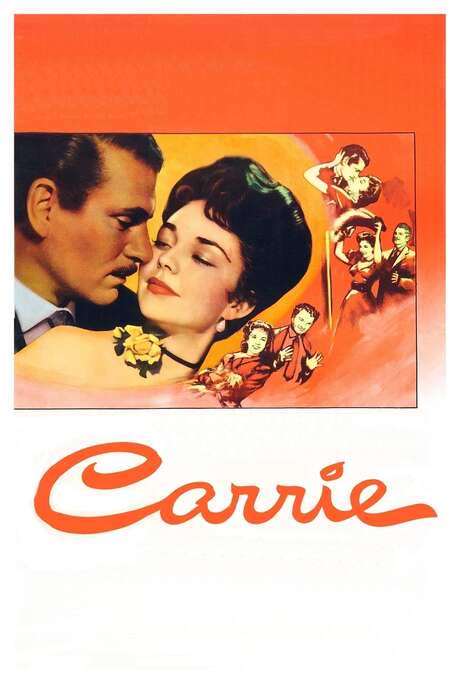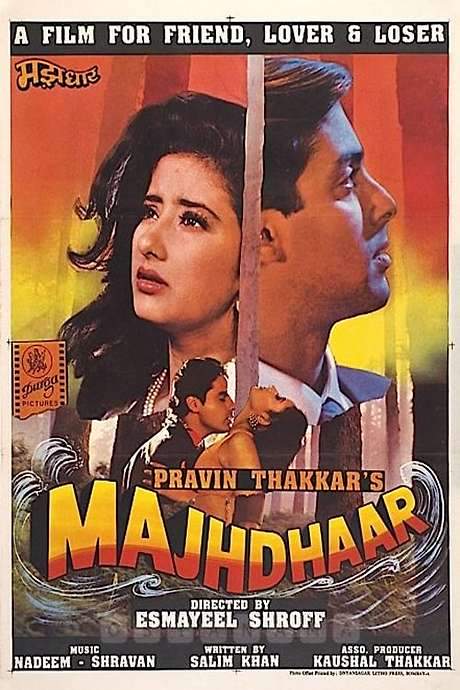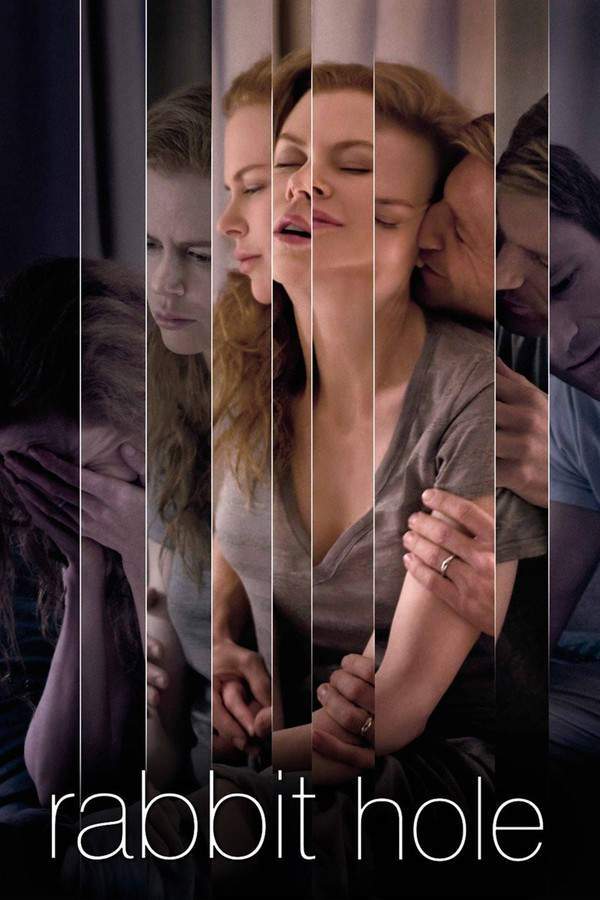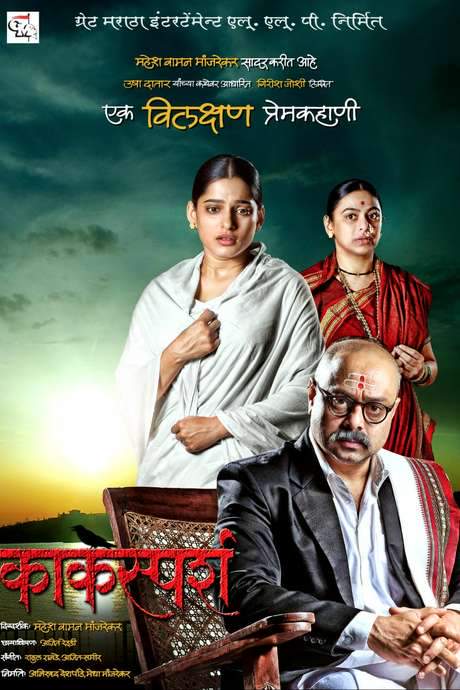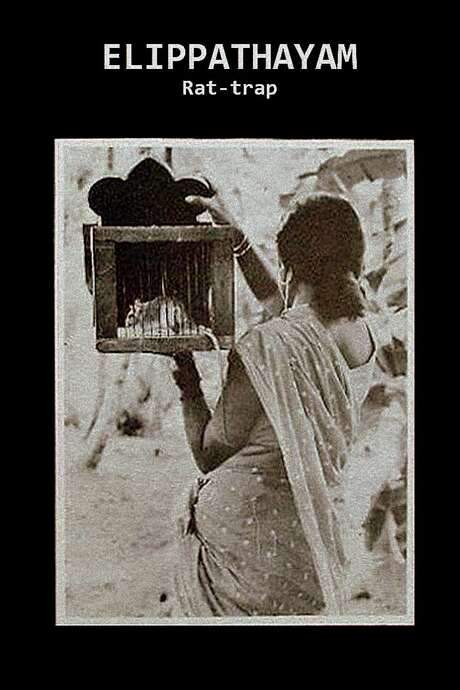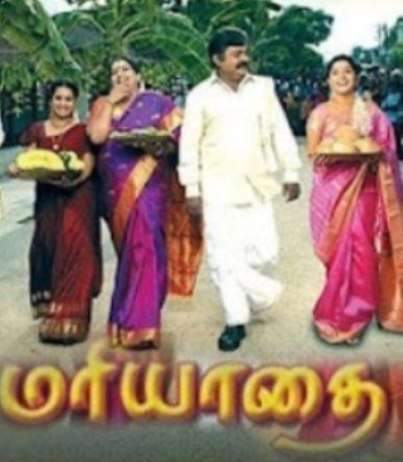
Mudhal Mariyathai
Year: 1985
Runtime: 160 mins
Language: Tamil
Director: Bharathiraja
A middle-aged upper-caste man, living unhappily in a loveless marriage, finds solace in his friendship with a boatman’s daughter.
Warning: spoilers below!
Haven’t seen Mudhal Mariyathai yet? This summary contains major spoilers. Bookmark the page, watch the movie, and come back for the full breakdown. If you're ready, scroll on and relive the story!
Mudhal Mariyathai (1985) – Full Plot Summary & Ending Explained
Read the complete plot breakdown of Mudhal Mariyathai (1985), including all key story events, major twists, and the ending explained in detail. Discover what really happened—and what it all means.
Malaichami sits at the edge of death, surrounded by friends and family as the film opens, and his frail breath becomes the doorway to a long archive of memories. What follows is a medley of flashbacks that gradually reveals the layers of duty, love, and secrecy that have shaped this village and its people.
At home, Ponnatha is Malaichami’s wife, but their marriage is far from harmonious. She treats him with contempt, and the couple coexist more in form than in warmth. Also in the household are Rasamma and her husband, along with Malaichami’s orphaned nephew Chellakannu, who works the fields beside him. Into this tense domestic setup, Sevuli enters the narrative as the daughter of the cobbler Sengodan. Chellakannu is drawn to Sevuli, and the two young lovers dream of eloping despite the looming wedding arrangements.
Years drift by, and Malaichami remains a respected figure in the village, though his private life is unsettled. The arrival of Kuyil shifts the mood. Kuyil is a young boatwoman who ferries people and stories along the river, and she forms a sincere friendship with Malaichami despite the social gap between them. The quiet companionship gives Malaichami a warmth he doesn’t find at home, revealing a tenderness that contrasts with his rigid public persona.
Chellakannu and Sevuli’s romance intensifies, and Kuyil’s intervention helps push their plans forward. Yet tragedy interrupts the budding marriage: in a field, Sevuli is murdered by an unseen man who takes her jewelry and leaves behind a gruesome clue—a toe she bit off in a desperate struggle. When Sengodan tells Malaichami that a toe was found in Sevuli’s mouth, Malaichami suspects Rasamma’s husband of the crime and hands him over to the police. The sorrow multiplies as Chellakannu, unable to bear the weight of these events, takes his own life.
Whispers begin to circle about Malaichami’s closeness to Kuyil, and Ponnatha uses the panchayat to press for a resolution. In a moment of provocation and fear, Malaichami blurts out that he is involved with Kuyil in more than friendship, hoping to silence the gossip. He seeks an audience with Kuyil to apologize, but she reveals a truth that unsettles him even further: she loves him, and he has loved her for a long time, though he has kept that love locked away. The weight of that revelation unsettles Malaichami’s sense of duty and propriety.
Back at home, Ponnatha drops a startling confession about Rasamma’s paternity. Rasamma’s father, she explains, is not the man who raised her; Rasamma was conceived from a casual encounter at a village fair, and Malaichami had married Ponnatha to shield her father from disgrace. The revelation shakes Malaichami’s sense of honor and drives him to defend Kuyil, choosing to live with her in her hut and to stand by her side against any social pushback.
As tensions peak, Ponnatha organizes a feast to pressure Kuyil, and Malaichami makes a bold stand against the relatives who threaten Kuyil’s safety. He claims the right to protect her, and in doing so, commits himself to stay with her from that moment forward.
The narrative threads converge in a cruel twist of fate: Kuyil is later found on parole, bloodied and accused of murder. Malaichami pleads for the truth, but Kuyil speaks instead of a self-sacrificing act. She confesses that the person she killed was Mayilvaganam, Rasamma’s biological father, who was returning to claim Ponnatha’s wealth after serving a prison term. The act, born of fear, jealousy, and a desperate attempt to protect Malaichami’s family’s reputation, becomes a testament to Kuyil’s profound sacrifice.
Moved by Kuyil’s courage, Malaichami resolves to live for her, vowing not to give up until she can return to him. He stays with her in her hut, and the bond between them deepens even as the shadow of tragedy looms large. In the film’s closing arc, Malaichami’s life ebbs away on his deathbed, and Kuyil, who had been granted parole to see him, dies on the journey back to prison, the two lovers’ endings echoing the price paid for such steadfast devotion.
The story unfolds with a patient, restrained tone that foregrounds family ties, social mores, and the weight of sacrifice. It remains faithful to its emotional core: the complex web of duty and longing that binds the village chief to Kuyil, to Sevuli and her memory, and to the generations that follow.
Last Updated: October 09, 2025 at 14:27
Explore Movie Threads
Discover curated groups of movies connected by mood, themes, and story style. Browse collections built around emotion, atmosphere, and narrative focus to easily find films that match what you feel like watching right now.
Movies about forbidden love and tragedy like Mudhal Mariyathai
Passionate romances torn apart by rigid social rules and class divides.If you were moved by the tragic romance in Mudhal Mariyathai, explore these movies about forbidden love. These stories feature couples whose love is challenged by social taboos, class divides, and strict duty, often leading to poignant and sad endings.
Narrative Summary
Stories in this thread typically follow a central romance that blossoms against a backdrop of strict societal conventions. The primary conflict arises from the immense pressure exerted by family, community, or class structures, creating a tense, oppressive atmosphere that makes a happy resolution nearly impossible, often ending in separation or death.
Why These Movies?
These movies are grouped together because they share a core thematic focus on the destruction of love by external forces. They create a similar viewing experience of melancholic tension, heavy emotional weight, and a deep sense of loss, appealing to viewers who appreciate profound, socially-conscious tragic romances.
Slow-paced melancholic village dramas like Mudhal Mariyathai
Patient stories of personal struggles set against the backdrop of rural life.For viewers who appreciated the slow pacing and reflective mood of Mudhal Mariyathai, this collection highlights similar melancholic dramas set in villages. These films use their rural settings to explore themes of duty, memory, regret, and the heavy constraints of social life with a somber, patient approach.
Narrative Summary
The narrative pattern involves a focus on daily life and subtle interactions within a close-knit community, where societal expectations are a powerful force. The plot often revolves around a central character's internal conflict and their quiet suffering, using the setting to enhance themes of isolation and the inescapability of one's social role.
Why These Movies?
These films are connected by their shared atmospheric qualities: a slow, contemplative pace, a deeply melancholic and reflective tone, and a setting that is integral to the conflict. They offer a similar vibe of somber beauty and emotional heaviness, perfect for viewers seeking a thoughtful, immersive drama.
Unlock the Full Story of Mudhal Mariyathai
Don't stop at just watching — explore Mudhal Mariyathai in full detail. From the complete plot summary and scene-by-scene timeline to character breakdowns, thematic analysis, and a deep dive into the ending — every page helps you truly understand what Mudhal Mariyathai is all about. Plus, discover what's next after the movie.
Mudhal Mariyathai Timeline
Track the full timeline of Mudhal Mariyathai with every major event arranged chronologically. Perfect for decoding non-linear storytelling, flashbacks, or parallel narratives with a clear scene-by-scene breakdown.

Characters, Settings & Themes in Mudhal Mariyathai
Discover the characters, locations, and core themes that shape Mudhal Mariyathai. Get insights into symbolic elements, setting significance, and deeper narrative meaning — ideal for thematic analysis and movie breakdowns.

Mudhal Mariyathai Spoiler-Free Summary
Get a quick, spoiler-free overview of Mudhal Mariyathai that covers the main plot points and key details without revealing any major twists or spoilers. Perfect for those who want to know what to expect before diving in.

More About Mudhal Mariyathai
Visit What's After the Movie to explore more about Mudhal Mariyathai: box office results, cast and crew info, production details, post-credit scenes, and external links — all in one place for movie fans and researchers.

Similar Movies to Mudhal Mariyathai
Discover movies like Mudhal Mariyathai that share similar genres, themes, and storytelling elements. Whether you’re drawn to the atmosphere, character arcs, or plot structure, these curated recommendations will help you explore more films you’ll love.
Explore More About Movie Mudhal Mariyathai
Mudhal Mariyathai (1985) Scene-by-Scene Movie Timeline
Mudhal Mariyathai (1985) Movie Characters, Themes & Settings
Mudhal Mariyathai (1985) Spoiler-Free Summary & Key Flow
Movies Like Mudhal Mariyathai – Similar Titles You’ll Enjoy
Majaa (2005) Ending Explained & Film Insights
Munthanai Mudichu (1983) Complete Plot Breakdown
Muddula Mavayya (1989) Ending Explained & Film Insights
Muddy (2021) Spoiler-Packed Plot Recap
Mudhal Nee Mudivum Nee (2022) Full Summary & Key Details
Unnal Mudiyum Thambi (1988) Story Summary & Characters
Moondru Mudichu (1976) Story Summary & Characters
Mariyadhai (2009) Story Summary & Characters
Mullum Malarum (1978) Plot Summary & Ending Explained
Kadhalukku Mariyaadai (1997) Story Summary & Characters
Poovellam Kettuppar (1999) Spoiler-Packed Plot Recap
Kadhal Mannan (1998) Ending Explained & Film Insights
Manthramothiram (1997) Ending Explained & Film Insights
Mudhalvan (1999) Full Summary & Key Details
Muthyala Muggu (1975) Story Summary & Characters

